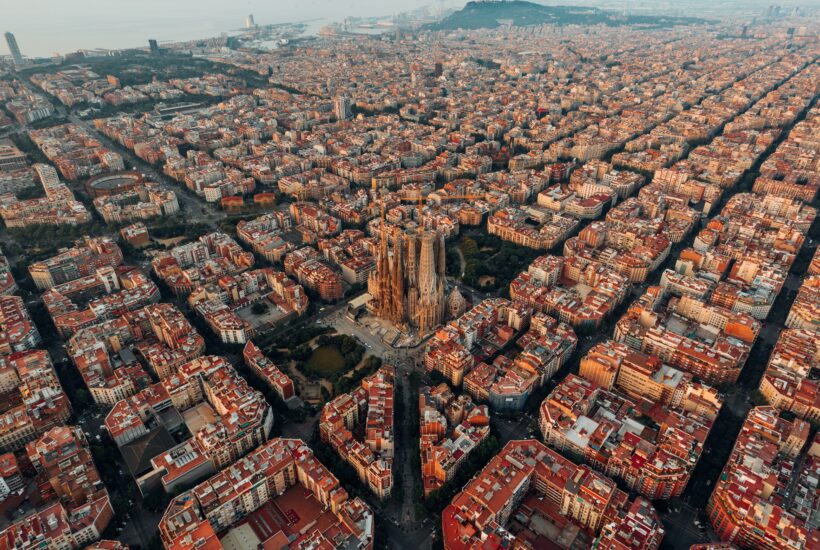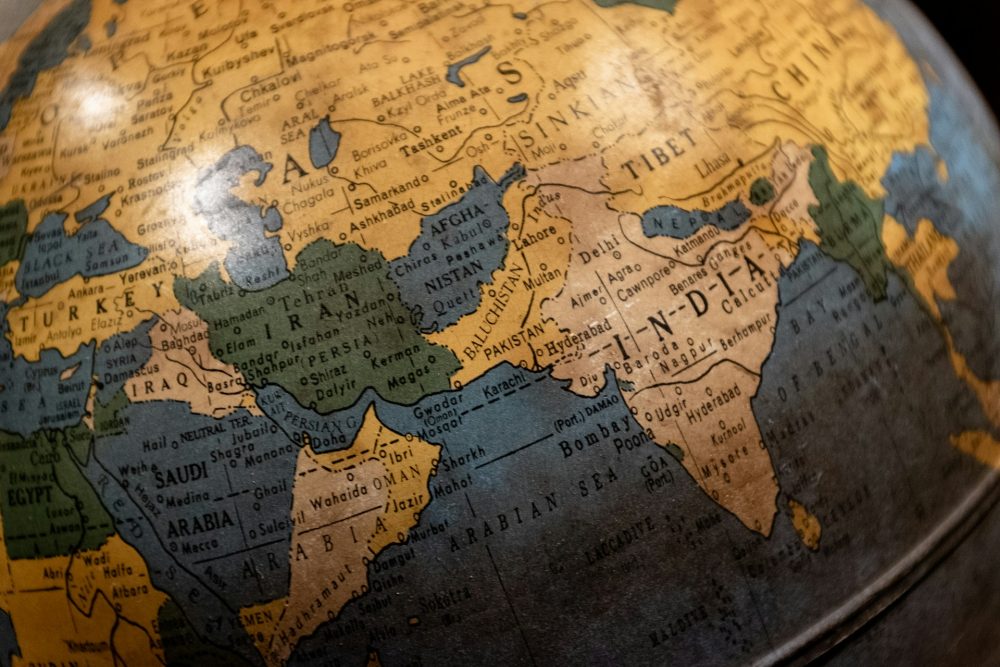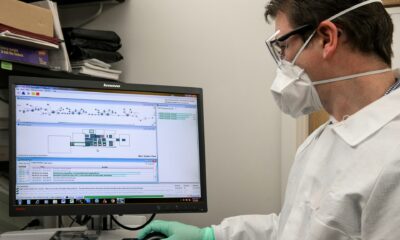Biotech
Dedalus Extends its Network in Spain with the Creation of a Digital Health ‘Hub’ in Barcelona
Currently, Dedalus has a presence in the UK and Ireland, Northern Europe, Austria, Switzerland, Spain, China, Brazil, Australia, New Zealand, and several locations in Latin America, the Middle East, and Africa. The company turned over $794 million (€770 million) in 2021 on a global scale. The company does not disaggregate data by country.

Dedalus will expand its presence in the Spanish healthcare sector. The Spanish and Portuguese subsidiary of the Italian company, which specializes in digital health and clinical diagnostics, is working on setting up a new digital health research and development (R&D) hub in Barcelona, according to Marisa Felipe, CEO of Dedalus Iberia.
At the moment, the company has not defined the specific space in which this hub will be housed, a facility that Dedalus hopes will be transformed into a high-performance center to boost its data analytics solutions and the new open digital health history platform, as well as the development of disruptive projects for its clients in Europe and the rest of the world.
Read more about Dedalus and find the most important business news of the day with our companion app, Born2Invest.
Dedalus has an R&D team specialized in digital health, with more than 2,500 employees
Dedalus joined Tech Barcelona last December as a corporate partner as part of its growth strategy. The group collaborates and works for several hospitals in the community and has different projects with the Servei Català de la Salut (CatSalut).
With a presence in more than forty countries, Dedalus has an R&D team specialized in digital health, made up of more than 2,500 people.
Spain is one of Dedalus’ main markets, a country in which it has more than 400 employees, and in which it will incorporate a hundred more in the next twelve months, according to the executive. The profiles required are experts in data platform, OpenEHR, digital pathology, chronic management, artificial intelligence (AI) for the improvement of surgical processes and clinical decision support and personalized medicine, among others.
The company has more than 400 professionals in Spain
Dedalus has centers of excellence in León, Madrid, Malaga, Madrid, Seville, and Valencia, where digital health solutions are designed and developed and marketed, and implemented worldwide.
Dedalus’ digital health solutions are used in the National Health System (NHS). Specifically, 80% of the autonomous health authorities work with one of them, exceeding thirty million people covered.
Dedalus systems manage more than 17 million electronic medical records in Spain, and it is a benchmark in the area of pathological anatomy. On a global scale, the company supports more than 6,100 hospitals and 5,300 laboratories.
In April 2021, Dedalus completed the acquisition of the ICT Health business of DXC Technology
Dedalus was founded in Florence in 1982 and founded by the company’s current president, Giorgio Moretti. In 2016, the company was acquired by the private equity fund Ardian, which currently holds a majority stake.
That same year, Dedalus decided to accelerate its expansion strategy targeting a growing demand for comprehensive and innovative solutions focused on the digital transformation of the healthcare ecosystem. With the acquisition of Agfa Healthcare IT, the group consolidated its position as a pan-European player in the healthcare ICT industry. In April 2021, the company completed the acquisition of DXC Technology’s Healthcare ICT business, in line with its growth strategy.
Currently, Dedalus has a presence in the UK and Ireland, Northern Europe, Austria, Switzerland, Spain, China, Brazil, Australia, New Zealand, and several locations in Latin America, the Middle East, and Africa. The company turned over $794 million (€770 million) in 2021 on a global scale. The company does not disaggregate data by country.
__
(Featured image by Logan Armstrong via Unsplash)
DISCLAIMER: This article was written by a third party contributor and does not reflect the opinion of Born2Invest, its management, staff or its associates. Please review our disclaimer for more information.
This article may include forward-looking statements. These forward-looking statements generally are identified by the words “believe,” “project,” “estimate,” “become,” “plan,” “will,” and similar expressions. These forward-looking statements involve known and unknown risks as well as uncertainties, including those discussed in the following cautionary statements and elsewhere in this article and on this site. Although the Company may believe that its expectations are based on reasonable assumptions, the actual results that the Company may achieve may differ materially from any forward-looking statements, which reflect the opinions of the management of the Company only as of the date hereof. Additionally, please make sure to read these important disclosures.
First published in PlantaDoce, a third-party contributor translated and adapted the article from the original. In case of discrepancy, the original will prevail.
Although we made reasonable efforts to provide accurate translations, some parts may be incorrect. Born2Invest assumes no responsibility for errors, omissions or ambiguities in the translations provided on this website. Any person or entity relying on translated content does so at their own risk. Born2Invest is not responsible for losses caused by such reliance on the accuracy or reliability of translated information. If you wish to report an error or inaccuracy in the translation, we encourage you to contact us.

-

 Fintech2 weeks ago
Fintech2 weeks agoSwissHacks 2026 to Launch Inaugural Swiss FinTech Week in Zurich
-

 Cannabis6 days ago
Cannabis6 days agoColombia Moves to Finalize Medicinal Cannabis Regulations by March
-

 Crowdfunding2 weeks ago
Crowdfunding2 weeks agoReal Estate Crowdfunding in Mexico: High Returns, Heavy Regulation, and Tax Inequality
-

 Markets24 hours ago
Markets24 hours agoMiddle East Escalation Sparks Market Uncertainty as Oil and Gold Poised to Rise
























